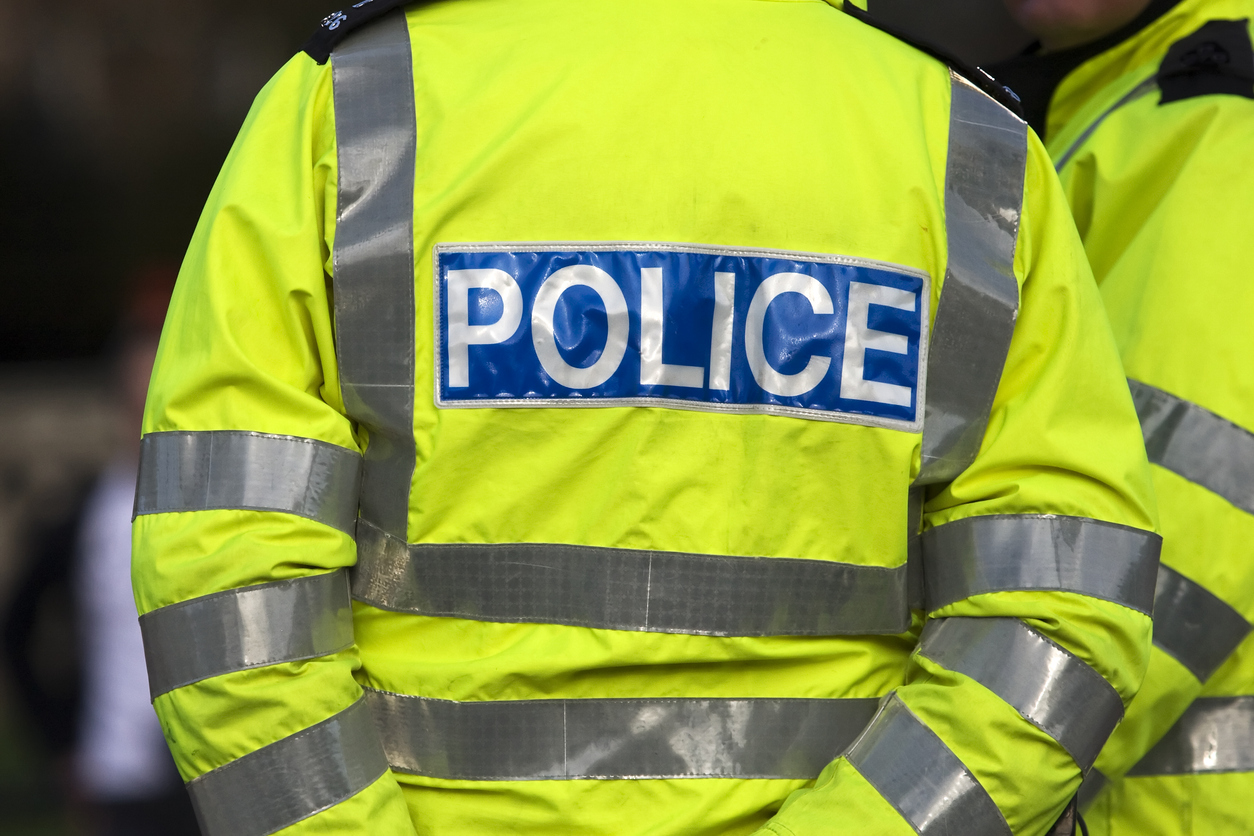



As a tenant in the UK, you are protected by a robust legal framework that governs the landlord-tenant relationship. One key element of this framework is the right to "quiet enjoyment" of your rented property, which means you should be able to live in your home without unwarranted disturbances from your landlord. But what happens if your landlord enters your property without permission? Can you involve the police? Here's what you need to know.
Under the Housing Act 1988 and related regulations, landlords in the UK are generally required to provide at least 24 hours' written notice before entering a rental property. Access is typically allowed for:
Even with notice, the visit must occur at a reasonable time unless there's an emergency, such as a fire or a burst pipe.
The principle of quiet enjoyment ensures tenants have the legal right to live in their rented property without intrusion or harassment. Unauthorized access by a landlord may constitute a breach of this right, which could lead to legal action.
Yes, you can call the police if your landlord enters your home without permission, but there are nuances to consider:
Non-Emergency Situations:
Emergencies or Criminal Behavior:
Document the Incident:
Keep a record of unauthorized visits, including dates, times, and any evidence such as photographs or witness statements.
Communicate with Your Landlord:
Politely remind your landlord of the legal requirements for access.
Seek Legal Advice:
If the issue persists, consult a housing solicitor or contact organizations like Citizens Advice or Shelter.
Report to the Local Council:
For ongoing harassment or repeated unauthorized access, your local council can intervene.
Involve the Police:
If you feel unsafe or threatened, do not hesitate to call the police.
Navigating landlord-tenant disputes can be stressful. At Fraser Bond, we specialize in property management and legal compliance, ensuring landlords and tenants alike understand their rights and responsibilities. Whether you’re a tenant seeking advice or a landlord needing guidance on legal access, our experts are here to help.
Contact us today to learn how we can assist with tenancy agreements, property management, and resolving disputes.
By understanding your rights and taking the appropriate steps, you can ensure your tenancy remains secure and stress-free.